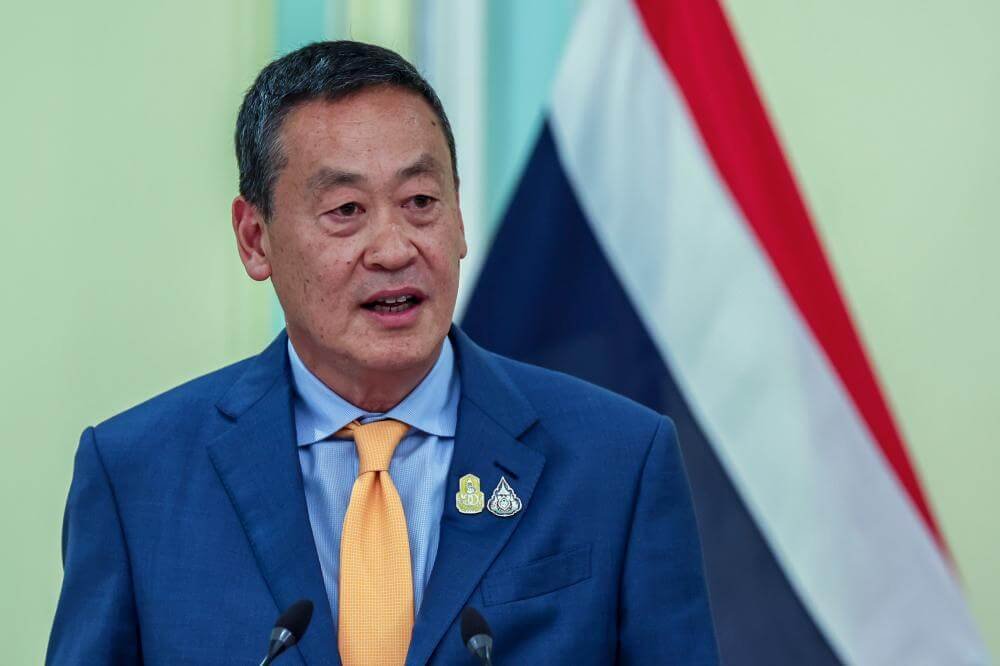Thai Prime Minister Srettha Thavisin has been ousted by the country’s Constitutional Court for violating ethics rules. This decision marks the third time in 16 years that the court has removed a PM from office.
Srettha’s downfall came after he appointed a former lawyer, Pichit Chuenban, to his cabinet despite Chuenban’s previous conviction for attempted bribery. Although Chuenban resigned after 19 days, the court ruled that Srettha’s actions showed “defiant behavior” and violated the Constitution.
The 62-year-old Srettha has been in power for less than a year, and his removal will lead to an interim leader taking over until a new PM is elected. Srettha expressed confidence in his honesty but accepted the court’s decision.
This development highlights the significant influence of Thailand’s Constitutional Court in the country’s politics. Many Thais view this ruling as politically motivated, but the driving forces behind it are unclear.
Srettha’s appointment as PM is a result of political maneuvering, which excluded the reformist Move Forward party from forming a government despite winning the most seats in the previous election. The court’s recent dissolution of Move Forward and ban on its leaders has further fueled concerns about Thailand’s political stability.
As the country struggles to revive its economy, Srettha’s downfall has triggered a frantic search for a new prime minister. This will involve intense backroom negotiations. Hopes for a fresh start in Thai politics seem premature, as the military still holds significant sway. Moreover, the Constitutional Court’s influence has reshaped the country’s leadership.








